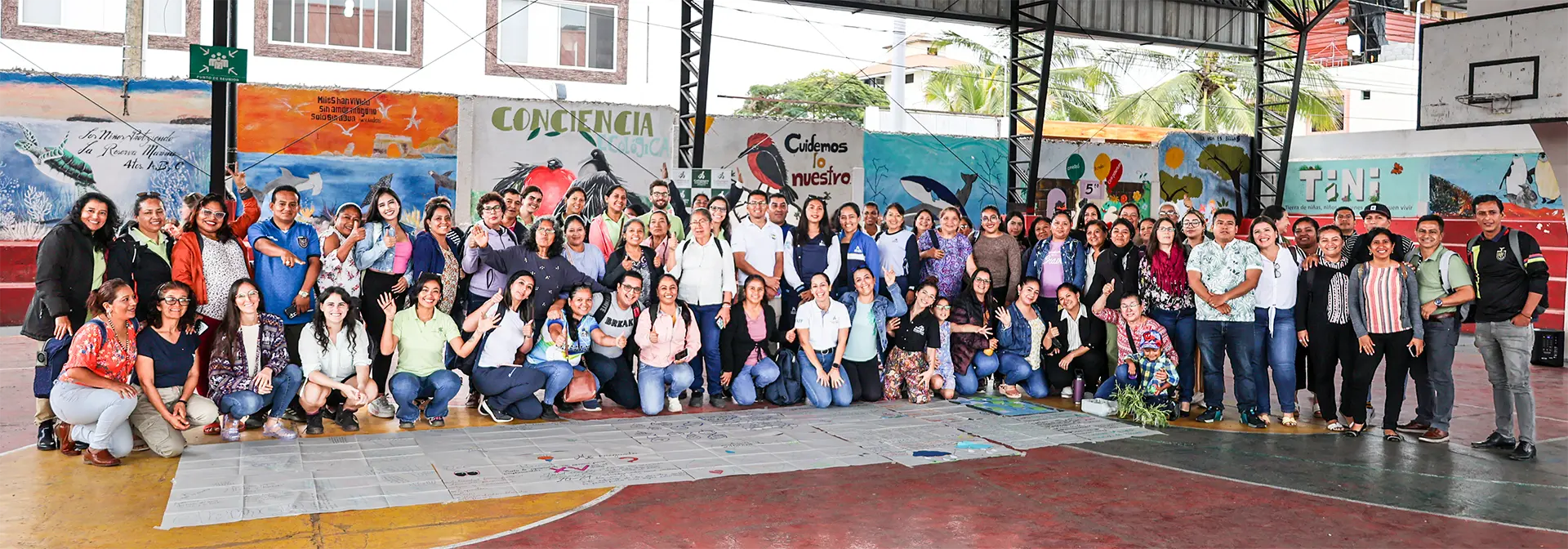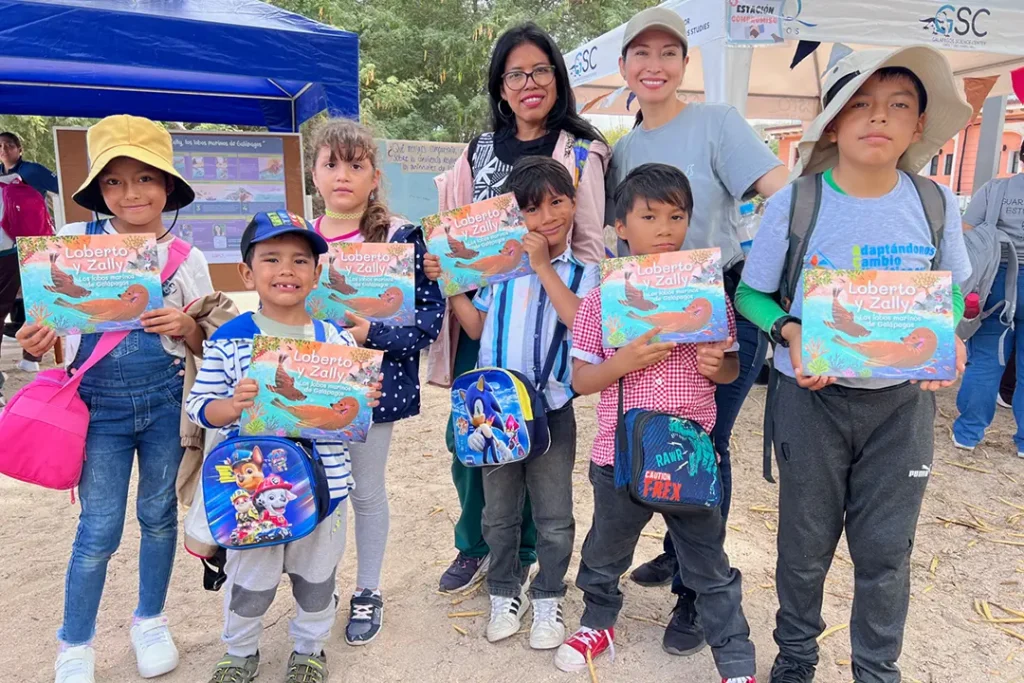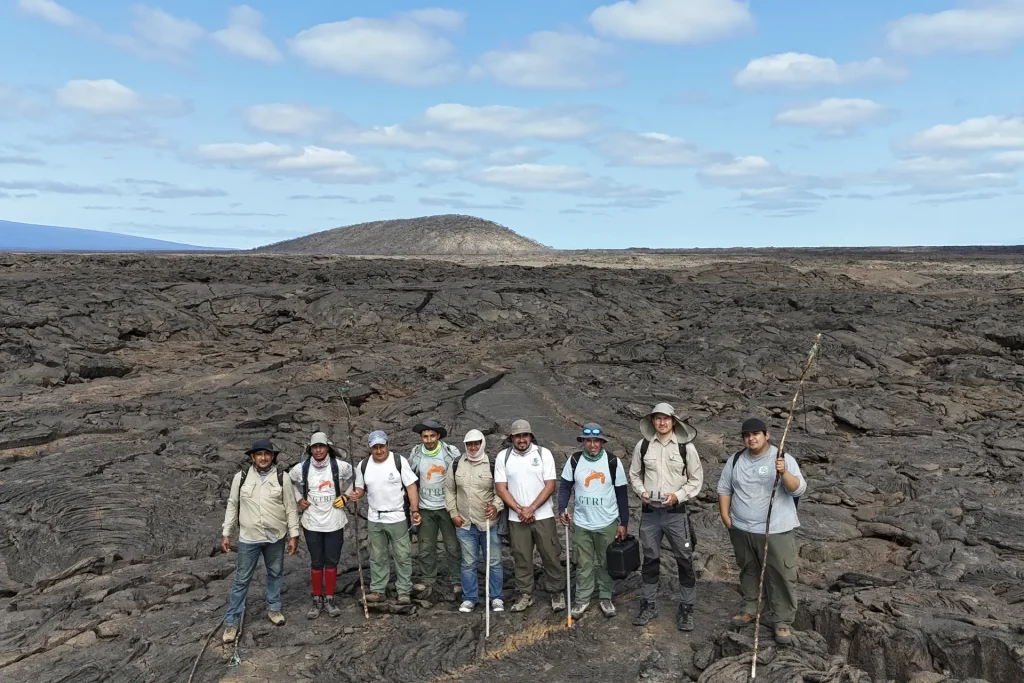More than 380 Galapagos Conservancy teachers received training in person during the 15th Teachers Institute, which took place from September 9th through 13th. The focus of this year’s institute was water and sanitation issues, which are two interrelated and growingly important concerns for island residents. This same group also extended their training by using independent learning and virtual activities. These activities together help teachers be prepared to incorporate water and sanitation into their classroom plans, using creative and innovative strategies and hands-on teaching methods.
Jenny Macias is our education advisor. She highlighted the importance and value of the Teachers Institute. She called it a step in improving water and sanitation education with an interdisciplinary, well-rounded approach. “We want teachers to have the tools to help them create a deeper awareness of sustainable water usage. We hope that by using active learning techniques, students will be able to understand the challenges of living in a world with limited water and begin to consider practical solutions at a young age. “It’s about encouraging creativity and an active mindset,” explained she.
Impact on Teachers and Students
This training gave teachers both the practical and theoretical tools they needed to better understand the water management system, the water quality and the latest innovations regarding water sanitation. These teachers will also benefit from this knowledge, as well as the over 7,000 Galapagos students. We hope to empower teachers to promote a culture of water conservation and responsible use. This will help secure a sustainable future for Galapagos.
The 15th Teachers Institute has been made possible by a collaboration agreement between Galapagos Conservancy, Ecuador’s Ministry of Education and Scalesia Foundation, Yachay Tech, and the Universidad San Francisco de Quito.
This training reinforces our commitment to protect this fragile and unique ecosystem for future generations.


